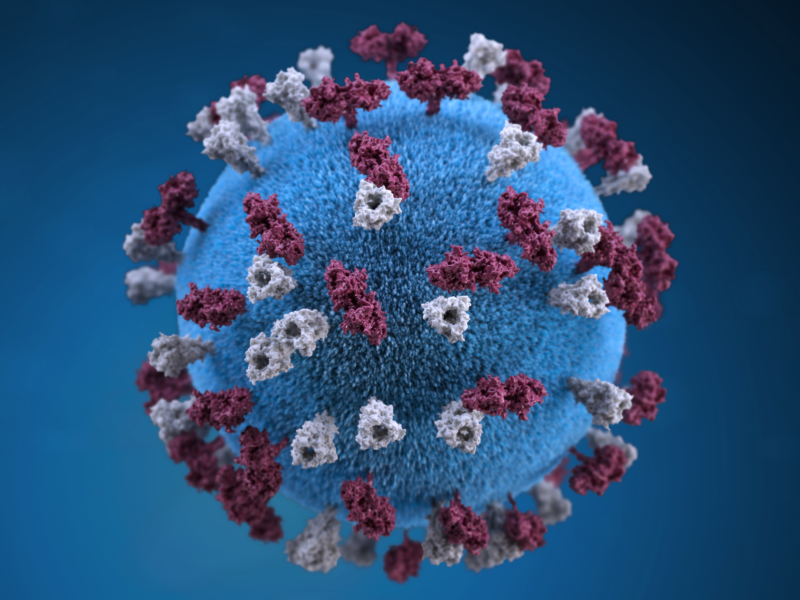In late July, The Disease Daily reported on a potential outbreak of a variant swine flu (H3N2v), in Indiana, after the State Department of Health reported four new cases. Yesterday, the CDC reported a total of 145 confirmed cases of H3N2v since the July outbreak.
As of August 3, there were only 29 confirmed cases, so in the last week there has been a “significant increase” of cases, as Dr. Joseph Breese from the Influenza Division at the CDC explains.
Though this severe jump in numbers might cause some people to worry, Breese, in a press briefing, provides some context; “this is not a pandemic situation.” While this increase in cases is unprecedented, it is not entirely surprising. This is the time of year when many fairs are held, so the close contact between swine and humans is increased.
This variant flu virus does not cause a serious illness; symptoms are mild and continue to resemble those of the seasonal flu. As with all influenza infections, there are exceptions and those with chronic conditions or depressed immune systems may face some complications. Most cases are occurring in children. This is because the virus is related to flu viruses from the 1990s, meaning that most adults should have some immunity to it, while children will not.
This year’s seasonal flu vaccine has already been produced and is arriving in pediatrician offices around the country. Unfortunately, it is not likely that this vaccine will protect you against the H3N2v virus, says Breese. However, Breese insists that this should not deter people from getting a flu vaccine: “Get your flu vaccine. Everybody should get a flu vaccine this year in the U.S. Because flu, regular seasonal flu, will be here soon.”
Medical Reporter for The Canadian Press, Helen Branswell, asked if any thought is being given to stopping swine competitions this year. “At this point,” says Breese, “there’s no evidence of sustained efficient human-to-human spread in the community.” This means that all confirmed cases had exposure to swine. However, Breese answers “no.” Rather, campaigns to increase hand washing and to decrease food consumption while near pigs will be pursued. Further, aggressive screening will occur to prevent sick pigs from attending fairs.
Breese assures the media that the CDC is “continuing to monitor the situation closely, and [will] provide updates frequently.”
In 2011, there were 12 confirmed cases of H3N2v reported nationwide. So far in 2012, there are 146 reported cases (one of these is not counted as part of the current outbreak because it was reported in Utah in April). The CDC recommends frequent hand washing particularly when exposed to animals and avoiding putting things in your mouth near animals. Further, children under 5, adults over 65, pregnant women, and people with chronic conditions should consider avoiding barns and state fairs where pigs are present this summer. This variant virus is susceptible to prescribed antiviral drugs, zanamivir and oseltamivir.

